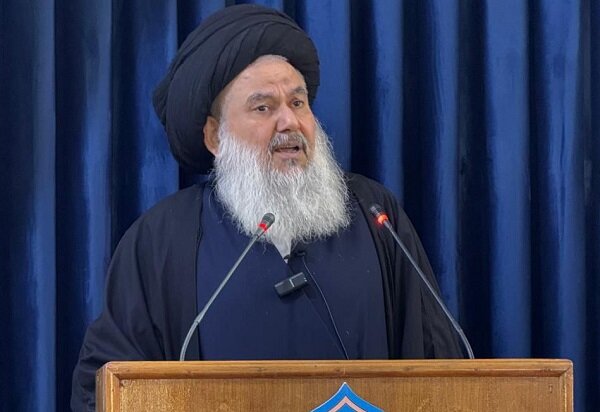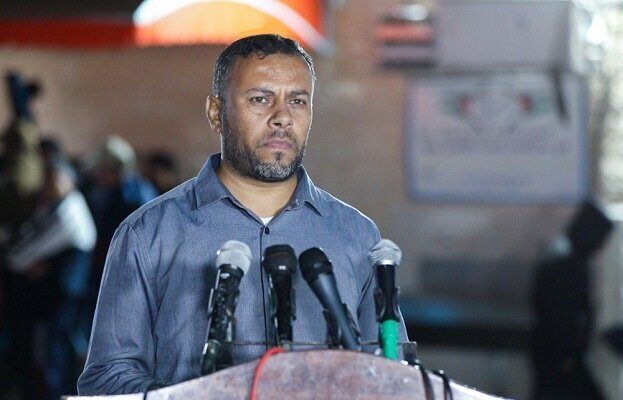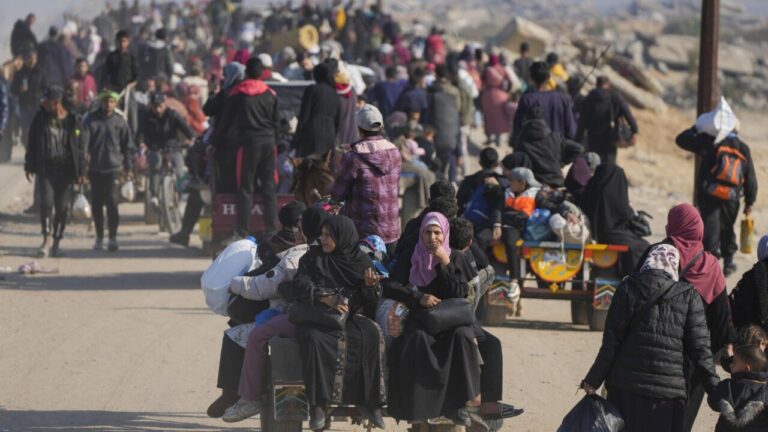Opposition Leader Slams Netanyahu as ‘Corrupt and Failed Prime Minister’
In a recent turn of events, Yair Golan, the leader of Israel’s left-wing Democrats party, has publicly criticized Prime Minister Netanyahu regarding a controversial budget proposal. This proposal aims to secure support from ultra-Orthodox parties, raising concerns amid ongoing military engagements in Gaza. Golan’s remarks shed light on the escalating tensions within Israeli politics as the nation grapples with critical issues.
Yair Golan has been vocal about his opposition to Netanyahu’s administration, particularly regarding its financial dealings. In a pointed statement on X, he expressed his outrage over the prime minister’s alleged misuse of taxpayer money. Golan’s comments highlight a growing divide in Israeli politics, especially in the context of military actions and social responsibility.
In his post, Golan stated, “While soldiers and reservists are being sent to Gaza, Netanyahu is looting their tax money and using it to bribe the ultra-Orthodox who avoid service.” This statement underscores the frustration among many citizens who feel that the government is prioritizing political alliances over national service and accountability.
Golan further described Netanyahu as a “negligent, corrupt and failed prime minister who sacrifices those who serve and work – just to cling to power.” His remarks resonate with many who are discontent with the current leadership and seek a change in governance.
The backdrop to this political drama is a contentious budget proposal that appears to favor ultra-Orthodox parties, which have been crucial to Netanyahu’s coalition government. This move has raised eyebrows and sparked debate among various factions within Israeli society.
Key points of Golan’s criticism include:
- Misallocation of Funds: Golan accuses Netanyahu of diverting resources meant for national defense to appease ultra-Orthodox parties.
- Military Commitment: With ongoing military operations in Gaza, the prioritization of political alliances over soldier welfare is a significant concern.
- Accountability: The necessity for government accountability and transparency in budgetary decisions is increasingly demanded by the public.
The ultra-Orthodox community plays a significant role in Israeli politics, often influencing legislative decisions. However, their perceived lack of military service has led to criticism from various sectors of society, particularly during times of conflict.
As Golan positions himself as a prominent opposition figure, he vows to challenge Netanyahu’s leadership. “We will replace him,” he declared, indicating a strong desire for political change and an end to what he views as a corrupt administration. This statement reflects a broader sentiment among those who feel that the current government is out of touch with the needs of its citizens.
In the coming weeks, the political landscape in Israel may shift significantly as debates surrounding the budget and military engagement continue. Golan’s strong stance against Netanyahu could galvanize support among those who are dissatisfied with the current administration.
As public sentiment evolves, it remains to be seen how this conflict will impact future elections and governance in Israel. The dialogue surrounding military service, fiscal responsibility, and political integrity is likely to dominate discussions as citizens call for a government that prioritizes the welfare of its people over political expediency.
In summary, the clash between Yair Golan and Prime Minister Netanyahu highlights critical issues facing Israel today. Golan’s criticisms are not just personal attacks but reflect larger societal concerns regarding governance, military duty, and the allocation of public funds. As the situation unfolds, it may serve as a catalyst for change within the Israeli political arena.
Stay tuned for further developments as this story evolves, and consider the implications of these political dynamics on the future of Israel.






